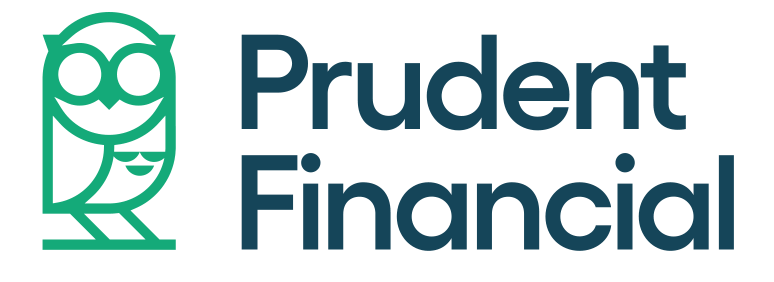
Bankruptcy? Consumer Proposal? What should you do when you start drowning in debt?
Bad debt doesn’t have to be a situation that you can’t escape from. If you’re in debt and unsure of how you’ll be able to get out, there are a couple of options available to you. Two of the most common options are bankruptcy and consumer proposal.
But what do these two terms mean and which option is right for you?
What are the differences between Bankruptcy & Consumer Proposal?
Both bankruptcy and consumer proposal are legal procedures that stop creditors from taking legal action against those who owe them money.
A consumer proposal is a situation where a legal contract is drawn up between you and your creditors in which you repay a portion of your debt while your creditors agree to forego the remaining amount. This allows you to pay down your debt more easily.
)
Bankruptcy can be filed when a person with more than $1000 of debt is unable to repay his or her debts as they become due. In a bankruptcy, you assign your assets to a trustee in bankruptcy. The trustee then sells or distributes your assets to your creditors in exchange for the elimination of your debts. This can be a helpful situation for those who are simply unable to pay back their creditors.
How does a bankruptcy work?
If you have debt problems and recognize that you will not be able to repay your debts, you can contact a trustee in bankruptcy to review your situation. If you decide to go bankrupt, the trustee will assist you with all required forms and he or she will prepare the initial bankruptcy paperwork. Once the paperwork is complete and you sign the papers, your bankruptcy begins.
How does a consumer proposal work?
The consumer proposal process also starts with a meeting with a trustee in bankruptcy. The trustee will work with you to review your financial situation and determine what type of proposal will work best for you. The trustee will then submit your offer to your creditors for review. If the majority of your creditors accept the proposal, it becomes binding. You will then be responsible for paying the amount you offered to pay.
)
What kind of debt will be paid off in a bankruptcy? What kind of debt will not?
Under a bankruptcy, all unsecured debts will be discharged. This includes debts such as credit cards, personal loans, overdrafts, income taxes, etc.
Student loans, alimony payments and child support payments are not discharged in a bankruptcy.
In addition, secured debts such as car loans and mortgages are not included.
What assets can I keep in bankruptcy?
Under bankruptcy, you are able to keep certain assets. In most cases, the assets that you are able to keep are items that allow you to live your life, provide for your family and make a living.
The value of the assets that are exempted varies between different provinces and territories in Canada. In general, you are able to keep:
- Your automobile
- Your home
- Home furnishings
- Personal possessions (clothing, etc.)
- Tools of the trade
- Certain types of life insurance
- Your RRSP (except for what you have contributed in the past 12 months.)
It is important to note that there are limits to the value of the items you can keep. As mentioned, these limits vary depending on the item and the province or territory you live in.
What assets can I keep in a consumer proposal?
Under a consumer proposal, you will be able to keep control of all of your assets. Your creditors instead agree to accept regular payments from you for a total amount that is smaller than the original amount owing.
The above article is for information purpose only. It has no relations what so ever with the services offered by Prudent Financial Services Inc.
Disclaimer
Prudent reports all your Prudent loan payments to credit bureaus. But Prudent cannot “fix” or “repair” your credit. The credit bureau reports on the totality of your credit activities. The bureau updates regularly on your payments on credit cards, utilities, taxes as well as to banks, finance companies, credit unions etc. Prudent does try to educate its credit-challenged customers on wiser management of their financial affairs using information from responsible financial sources. E.g. Bankruptcy Canada and BDO.
